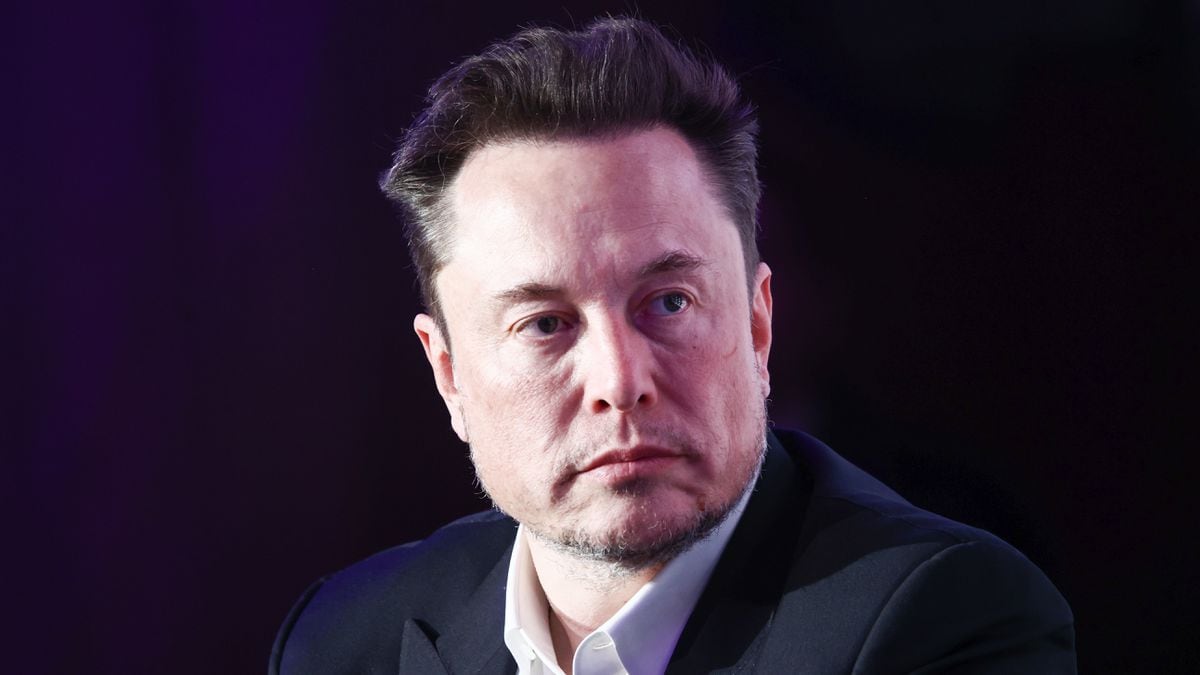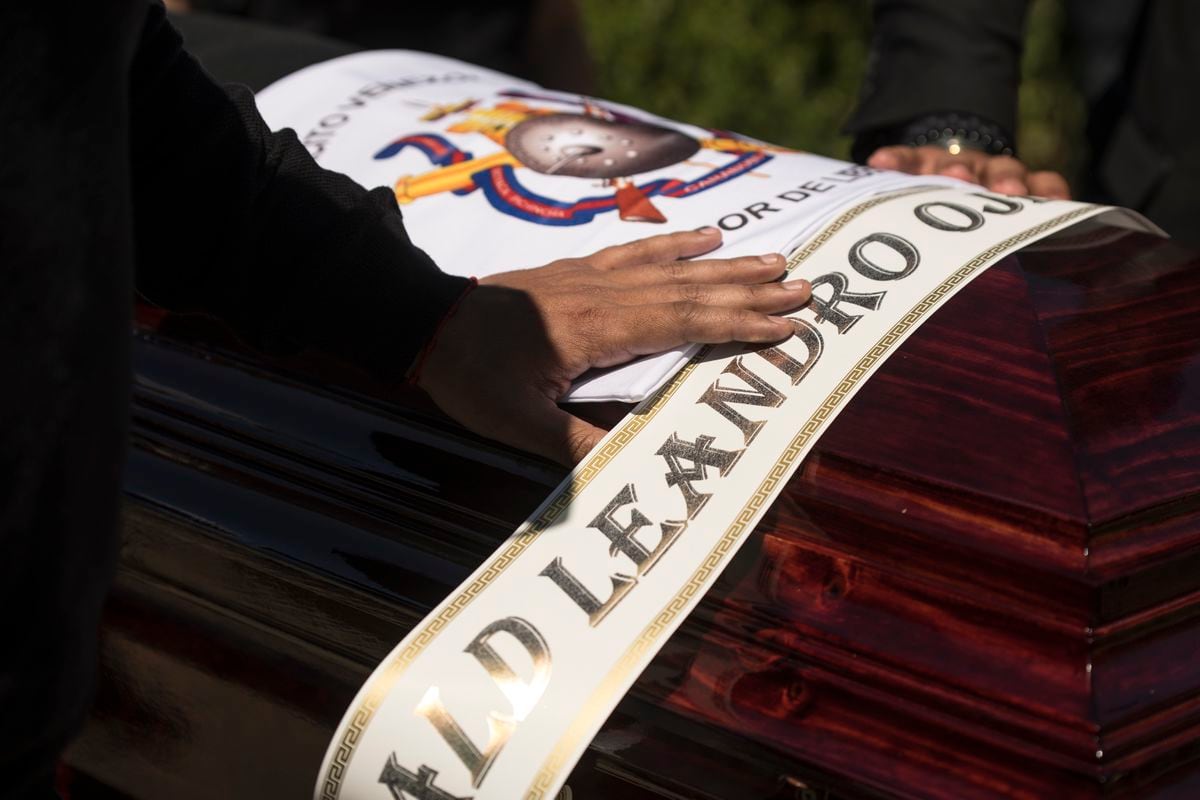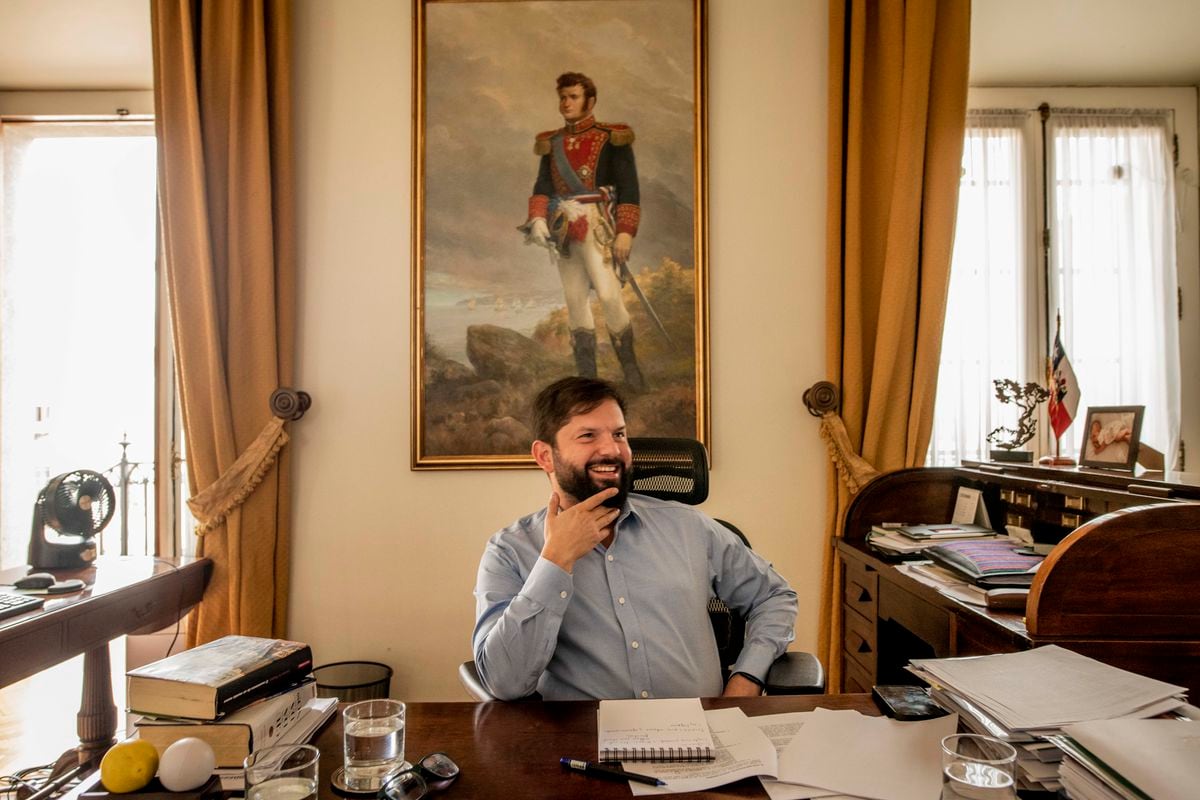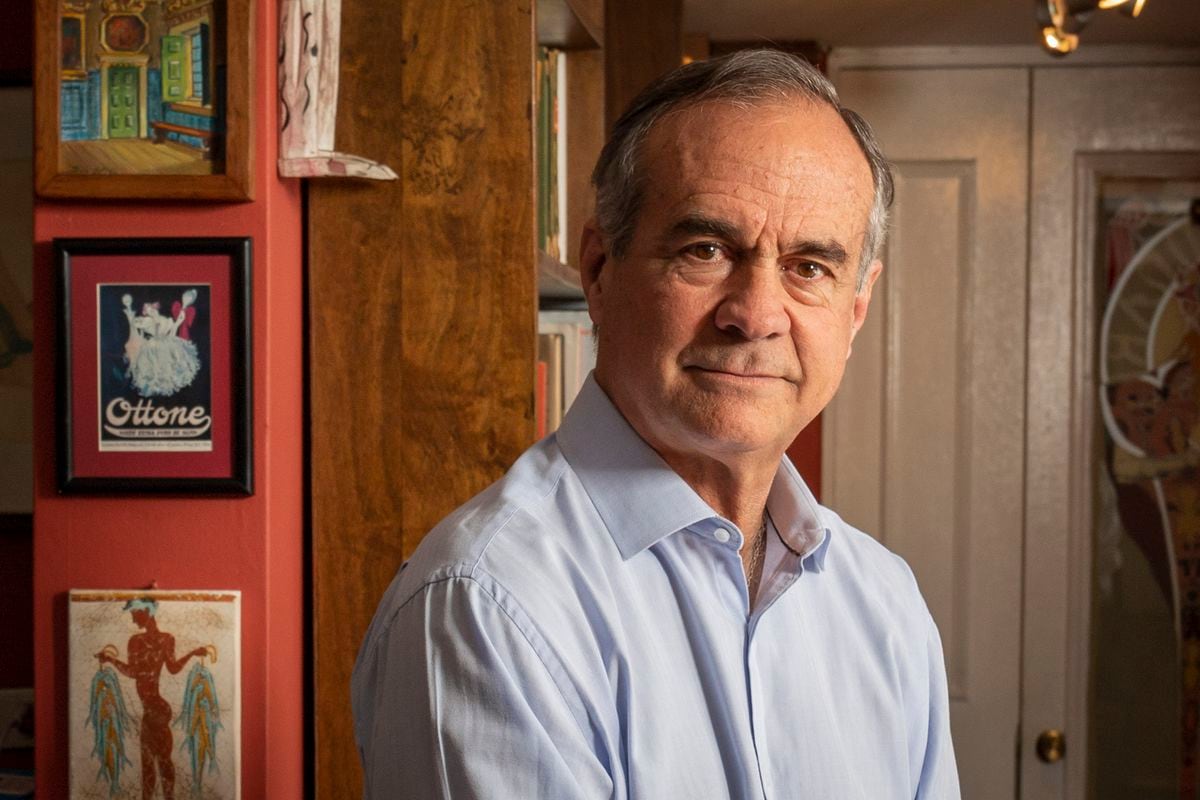Chile is preparing for the constitutional plebiscite of October 25, when it will determine whether or not to replace the Constitution in force since 1980, drawn up during the dictatorship of Augusto Pinochet.
The more than 14 million citizens entitled to vote will also decide who will draft it: if 155 specially elected people or a mixed convention, also made up of parliamentarians.
Less than two months before the referendum, there is a central issue that has not yet been resolved by the Chilean Parliament: whether or not indigenous peoples, who represent 13% of the population, will have reserved seats in the decision-making body.
Precisely when Araucanía is experiencing a new escalation of violence - with truckers protesting for safety, blocking routes and endangering supplies - the representation of the Mapuches in a possible assembly is an aspect of special relevance for those who aim to deactivate the conflict by attacking one of its remote causes: political exclusion.
This is what explains the Mapuche lawyer Salvador Millaleo (Talca, 1973), one of the most recognized experts in indigenous affairs, a member of various groups that are already debating the contents of a possible new Constitution.
Socialist militant, academic of Law from the University of Chile with a doctorate in Sociology in Bielefeld, Germany, indicates that of the 155 conventional ones of the eventual constitutional convention - the option that would win, according to the polls -, at least 23 should be representatives of the nine original peoples.
“The central thing is that participation is ensured through a principle of political justice.
That of women was ensured by parity, because they represent half of society.
In the case of indigenous peoples, therefore, it must correspond to their demographic proportion, 13%, ”explains Millaleo, on the phone from his home in the municipality of La Florida, in the southern part of the capital, Santiago.
“The problem is that in Chile we have been used to thinking that indigenous peoples are 2% or 3%, because we live in a society that wants to think of itself as non-indigenous.
But it is a very relevant percentage, similar to that of Mexico, which is just over 15% ”, he reflects.
If not, the constituent process would be "quite lame", according to Millaleo, who reports that of the 13% of the indigenous population that Chile has, 10% is Mapuche (that is, about 1.7 million people).
“One of the declared reasons for the social outbreak of last October in Chile was the exclusion of indigenous peoples.
In the streets, the Mapuche flag was the most used, the symbol of all the other injustices.
Therefore, it would be difficult to explain that in a new Constitution - a process that was opened precisely because of this protest movement - there would not be a central concern for the representation of native peoples ”.
For the lawyer, who is a member of the National Institute of Human Rights (INDH), in October “there was a kind of empathy” between Chileans and the original ethnic groups: “Everything that the Mapuches denounced –the attacks by the police , the human rights violations, the unnecessary repression - the protesters experienced it firsthand in the social outbreak ”.
Second-rate citizens
The lawyer makes history and goes back to the formation of the State.
He explains that it is "a political problem, of power, between Chilean society and the Mapuche people and that, therefore, it must be resolved as such."
According to Millaleo, what has happened so far is more of an exclusion of indigenous peoples: “They are nominally citizens, but the way in which the State was built determines that they are second-rate and that to be fully Chilean, they have to stop belonging to his people ”.
It is an issue that is at the root of all conflicts, according to the academic: “Although there is poverty and ethnic violence, both have been rather a consequence of political exclusion.
For this reason, the new Chilean Constitution must resolve the political exclusion of the Mapuche people and other indigenous peoples ”.
Chile had a common history with other colonial states.
But unlike other countries such as the United States and many Latin Americans, "Chile failed to consolidate a moment to begin to reverse this history."
On the contrary, Millaleo points out: "Democratic countries began to compensate indigenous peoples, to restore their institutions, to respect their cultures and - although there is inequality everywhere - States have generated inclusive policies."
It happened in Latin America since the eighties, when Nicaragua debuted with an advanced Constitution regarding its ethnic groups.
In parallel, however, in Chile forty years ago the current Fundamental Charter was born.
“The Constitution of 1980 was much more rigid than all the other constitutions and until today it has not allowed an institutional recognition of indigenous peoples.
Its neoliberal model has deepened the loss of land and impoverishment ”.
Millaleo refers to the extractive economic model that pushed the military dictatorship and the installation of forestry, mining, salmon, fishing companies that, unregulated, generate economic development, but very uneven: “They harm many communities and the natural environment and deepen a conflict of deep historical roots ”, whose most visible expression in recent years is the struggle for land, he says.
The lawyer acknowledges that the governments of democracy have made progress since 1990, but that "the elite has not had the decision to end the exclusion."
"If it claims to want to eradicate violence, the Chilean political system must open a path to a genuine solution, because what it has opened up to now, instead of resolving the conflict, escalates it even more," he says.
Towards a plurinational state
In the constituent path that will probably open in Chile, the type of recognition of indigenous peoples, its scope and basic contents will be debated.
Some sectors and experts, such as Millaleo himself, indicate that Chile should define itself as a plurinational State, that is, "a State where different nations coexist with equal treatment."
“But it is not about repeating the same experience in Bolivia and Ecuador.
Chile can have its own route towards plurinationality ”, he reflects.
If this position succeeds, indigenous peoples would be recognized as different collective subjects and the State should create conditions for them to be part of the political process.
Rights such as internal self-determination could be established, which would imply that they can resolve their own affairs and define their political status within the State.
This right has different expressions: special representation in the centers of power, autonomous regimes or collective rights related to health, education or language.
"But the territorial integrity or the unity of the Chilean State is not at risk," the Mapuche lawyer clarifies in relation to one of the main fears of the detractors of this initiative.
"It means reorganizing and redistributing power with indigenous peoples, not that they can be separated," he adds.
In Chile there are radical indigenous groups that seek a constitutional break with the State, such as the Coordinadora Arauco Malleco (CAM), which since the end of the 1990s has been leading violent actions to achieve its political project.
“But they are minority groups.
The majority of the Mapuche people believe in the need for a change of status within the State of Chile, ”says Millaleo.
The lawyer says that he has "no doubt" that this is the prevailing view: "Most of the indigenous organizations are entering the constituent process and most of the Mapuche people also reject violence."

/cloudfront-eu-central-1.images.arcpublishing.com/prisa/UXH6SHWE3VGYRHVDF5RVQ5YOUY.jpg)







